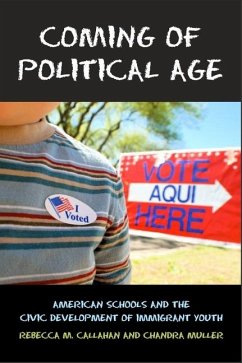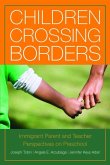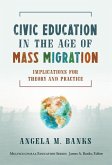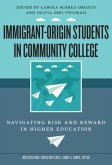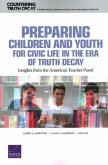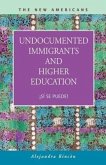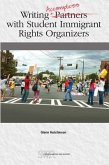As one of the fastest-growing segments of the American population, the children of immigrants are poised to reshape the country's political future. The massive rallies for immigration rights in 2006 and the recent push for the DREAM Act, both heavily supported by immigrant youth, signal the growing political potential of this crucial group. While many studies have explored the political participation of immigrant adults, we know comparatively little about what influences civic participation among the children of immigrants. Coming of Political Age persuasively argues that schools play a central role in integrating immigrant youth into the political system. The volume shows that the choices we make now in our educational system will have major consequences for the country's civic health as the children of immigrants grow and mature as citizens. Coming of Political Age draws from an impressive range of data, including two large surveys of adolescents in high schools and interviews with teachers and students, to provide an insightful analysis of trends in youth participation in politics. Although the children of both immigrant and native-born parents register and vote at similar rates, the factors associated with this likelihood are very different. While parental educational levels largely explain voting behavior among children of native-born parents, this volume demonstrates that immigrant children's own education, in particular their exposure to social studies, strongly predicts their future political participation. Learning more about civic society and putting effort into these classes may encourage an interest in politics, suggesting that the high school civics curriculum remains highly relevant in an increasingly disconnected society. Interestingly, although their schooling predicts whether children of immigrants will vote, how they identify politically depends more on family and community influences. As budget cuts force school administrators to realign academic priorities, this volume argues that any cutback to social science programs may effectively curtail the political and civic engagement of the next generation of voters. While much of the literature on immigrant assimilation focuses on family and community, Coming of Political Age argues that schools--and social science courses in particular--may be central to preparing the leaders of tomorrow. The insights and conclusions presented in this volume are essential to understand how we can encourage more participation in civic action and improve the functioning of our political system.
Hinweis: Dieser Artikel kann nur an eine deutsche Lieferadresse ausgeliefert werden.
Hinweis: Dieser Artikel kann nur an eine deutsche Lieferadresse ausgeliefert werden.

